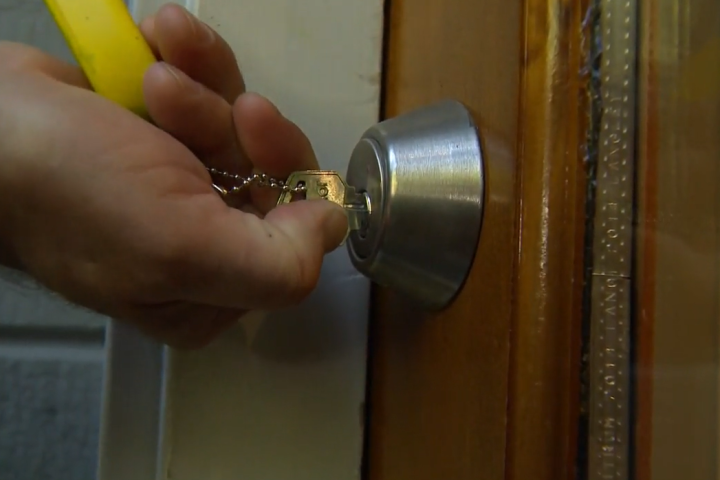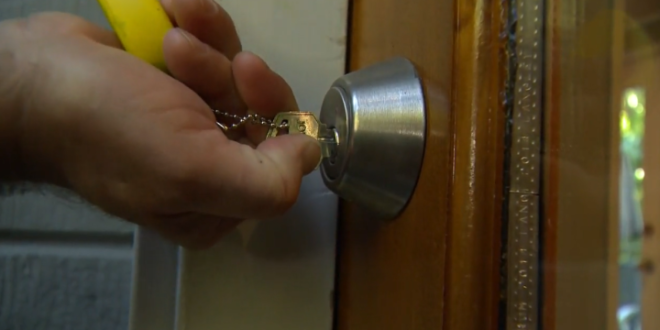
The biggest municipality on B.C.’s Sunshine Coast is moving to heavily restrict short-term rental properties, drawing concerns from the region’s tourism sector.
The new bylaws, which come into effect in January, were a response to community complaints about noise, parking and party houses, according to Sechelt Mayor Darnelda Siegers.
“That impacts the quality of the neighbourhood. It changes how they feel, their safety and all of those kinds of things,” she said, referencing one neighbourhood where residents have reported three problem properties.
The new rules won’t affect short-term rentals involving a secondary suite or cabin in which the primary resident lives on site.
However the new regulations will cap “commercial” rentals, where the full property is rented out, at just 15 in the community.
That’s a serious concern, according to Annie Wise, executive director of Sunshine Coast Tourism.
Wise said Sechelt’s two hotels have just 71 rooms between them, and that businesses ranging from kayak rentals to restaurants fear they’ll see a major dip in clientele.
“You’re looking at about a 75 per cent reduction in tourist accommodation in Sechelt, and that will have a significant impact on our visitor economy,” she said.
“There are so many businesses that depend on those visitors year-round, and especially in the winter, to support their ongoing business operations.”
Wise said tourism remains the number one employer in the region, and that the sector has been served by rental cabins and cottages for decades, long before services like AirBnb came on the scene.
Sechelt’s move to restrict short-term rentals follows a similar initiative in nearby Gibsons.
Earlier this summer, that community announced plans to completely phase out short-term rentals in properties where the principal resident doesn’t live over the next five years.
While Sechelt short-term rental operators were already required to obtain a business licence, because of the unregulated nature of the sector Siegers said the district doesn’t have a clear idea of how many are already operating.
She said starting with a small number of approved commercial units would allow the municipality to get a clear picture of what is going on and work from there, while addressing community concerns.
“Some people are saying we have 50 — we don’t know,” she said.
“(In January) we’ll have a new council in place. Then, if at that point council wants to change that number they can go ahead and do that.”
Gary Bearchell, a short-term rental operator and member of the Sunshine Coast Tourism Board, said the district’s numbers don’t add up.
He operates a cabin on the property where he lives, which would not be affected by the new bylaw, along with two full-residence rentals on nearby properties that would need to compete for one of the 15 licenses.
“I think they should have slowed it all down and done more studies, they don’t have the numbers — they’ve even admitted it themselves, they think there are about 50 but we believe there’s maybe double that,” he told Global News.
“Capping it at 15 even to start is way too tough — I don’t understand how they are even going to decide who gets them … who are the haves, who are the have nots?”
Bearchell acknowledged that complaints about party houses are a “valid concern,” but said the district already has the tools to deal with them under existing bylaws covering noise and parking.
He argued the district should have started by capping rental licences at the number of existing properties, and increased licensing fees to hire another bylaw enforcement officer to address any problems.
He said the region’s tourism-driven industry needs the available rental units which are all booked out through the high season, and many of which are also full through the winter.
“Largely this is going to drive things underground for a lot of people, and they’ll just try anyway,” he said. “Maybe they’ll just pay the fines or find other ways around it … That’s another factor, it’s not going to solve anything with these party houses.”
Darnelda acknowledged the community faces a rental accommodation crunch and that Sechelt would benefit from more hotels.
But she said the district has heard from hotel operators that they are not interested in anything new because they aren’t operating on a level playing field against services like AirBnb.
For the time being, she said council is acting in response to what it has heard from residents.
“It’s more the community fit, that’s what the community has said, they want to have their communities back, they want to have their neighbourhoods back,” she said.
“If we were to follow what the majority of the community said we would have none, we would have no secondary residences as rentals. Because that’s what the community asked for.”
[ad_2]You can read more of the news on source
 Travelsmart
Travelsmart



